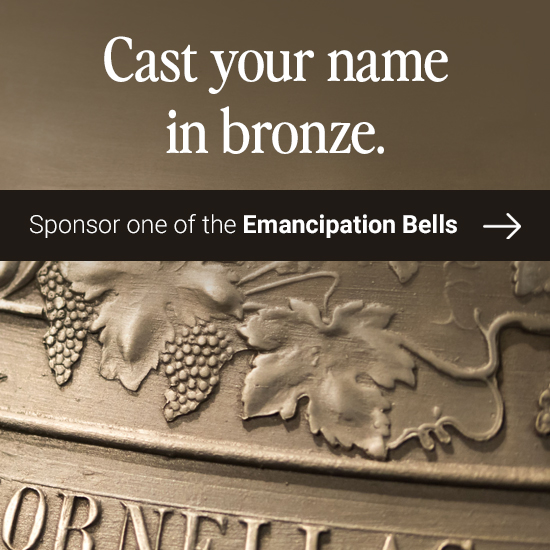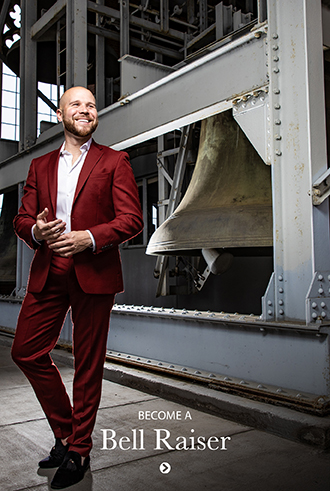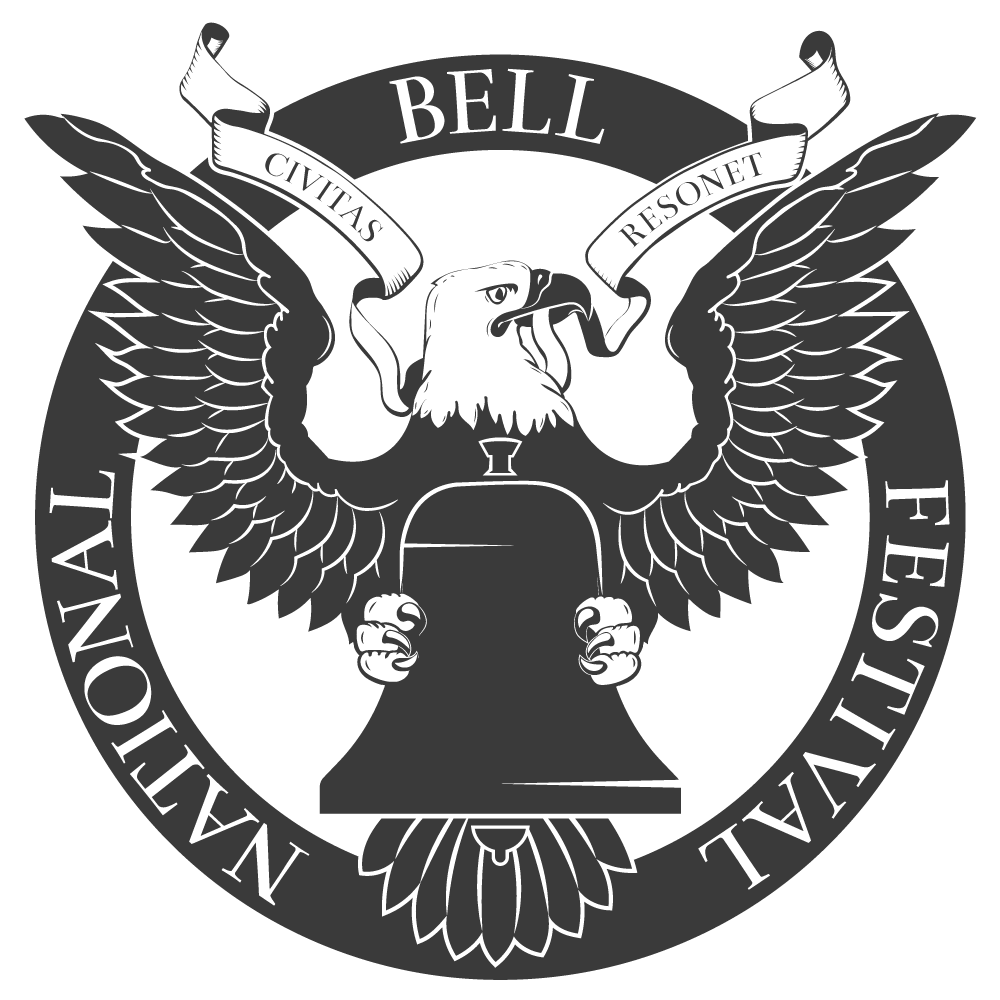The medieval bell tower of Bruges, Belgium, is an imposing Brabantine Gothic structure that rises some 272 feet above the capital of West Flanders. For those intrepid climbers who brave the bell tower’s 366 steps, the reward is a stunning perspective of the city and its environs. It is a view certain to leave a mark in the mind’s eye.
So it was with Henry Wadsworth Longfellow who, in the summer of 1842 while on a European excursion, surmounted the bell tower on his way to the healing baths. In his diary shortly after, the poet recorded his impressions:
“…I strolled through the fine old streets and felt myself a hundred years old. The chimes seemed to be ringing incessantly; and the air of repose and antiquity was delightful… Oh, those chimes, those chimes! How deliciously they lull one to sleep! The little bells, with their clear, liquid notes, like the voices of boys in a choir, and the solemn bass of the great bell tolling in, like the voice of a friar!
“…Rose before five and climbed the high belfry which was once crowned by the gilded copper dragon now at Ghent. The carillon of forty-eight bells; the little chamber in the tower; the machinery, like a huge barrel-organ, with keys like a musical instrument for the carillonneur; the view from the tower; the singing of swallows with the chimes; the fresh morning air; the mist in the horizon; the red roofs far below; the canal, like a silver clasp, linking the city with the sea – how much to remember!”
Remember, he did – and he set about capturing the spirit of the bell tower with his art. In 1845, Longfellow published a poem titled “The Belfry of Bruges” in a compendium of works. It recounts the checkered history of the bell tower, its purpose and civic pride, and the feelings one experiences from its great height. Through 20 stanzas, Longfellow invokes the ghosts of Flemish past as he daydreams among the bells.

Image: Portrait photograph of Henry Wadsworth Longfellow (1807-1882) by Charles Taber.
"The Belfry of Bruges"
Henry Wadsworth Longfellow (1807-1882)
In the marketplace of Bruges stands the belfry old and brown;
Thrice consumed and thrice rebuilded, still it watches o’er the town.
As the summer morn was breaking, on that lofty tower I stood,
And the world threw off the darkness, like the weeds of widowhood.
Thick with towns and hamlets studded, and with streams and vapors gray,
Like a shield embossed with silver, round and vast the landscape lay.
At my feet the city slumbered. From its chimneys, here and there,
Wreaths of snow-white smoke, ascending, vanished, ghost-like, into air.
Not a sound rose from the city at that early morning hour,
But I heard a heart of iron beating in the ancient tower.
From their nests beneath the rafters sang the swallows wild and high;
And the world, beneath me sleeping, seemed more distant than the sky.
Then most musical and solemn, bringing back the olden times,
With their strange, unearthly changes rang the melancholy chimes,
Like the psalms from some old cloister, when the nuns sing in the choir;
And the great bell tolled among them, like the chanting of a friar.
Visions of the days departed, shadowy phantoms filled my brain;
They who live in history only seemed to walk the earth again;
All the Foresters of Flanders – mighty Baldwin Bras de Fer,
Lyderick du Bucq and Cressy Philip, Guy de Dampierre.
I beheld the pageants splendid that adorned those days of old;
Stately dames, like queens attended, knights who bore the Fleece of Gold;
Lombard and Venetian merchants with deep-laden argosies;
Ministers from twenty nations; more than royal pomp and ease.
I beheld proud Maximilian, kneeling humbly on the ground;
I beheld the gentle Mary, hunting with her hawk and hound;
And her lighted bridal-chamber, where a duke slept with the queen,
And the armed guard around them, and the sword unsheathed between.
I beheld the Flemish weavers, with Namur and Juliers bold,
Marching homeward from the bloody battle of the Spurs of Gold;
Saw the light at Minnewater, saw the White Hoods moving west,
Saw great Artevelde victorious scale the Golden Dragon’s nest.
And again the whiskered Spaniard all the land with terror smote;
And again the wild alarum sounded from the tocsin’s throat;
Till the bell of Ghent responded o’er lagoon and dike of sand,
“I am Roland! I am Roland! There is victory in the land!”
Then the sound of drums aroused me. The awakened city’s roar
Chased the phantoms I had summoned back into their graves once more.
Hours had passed away like minutes; and, before I was aware,
Lo! the shadow of the belfry crossed the sun-illumined square.
Cover image: View of the Belfry of Bruges from the base of the bell tower in Bruges, Belgium.



